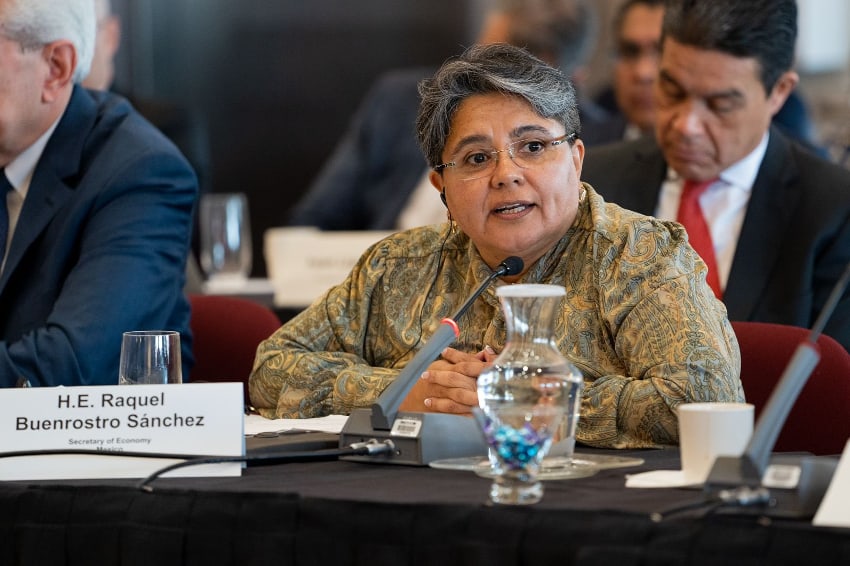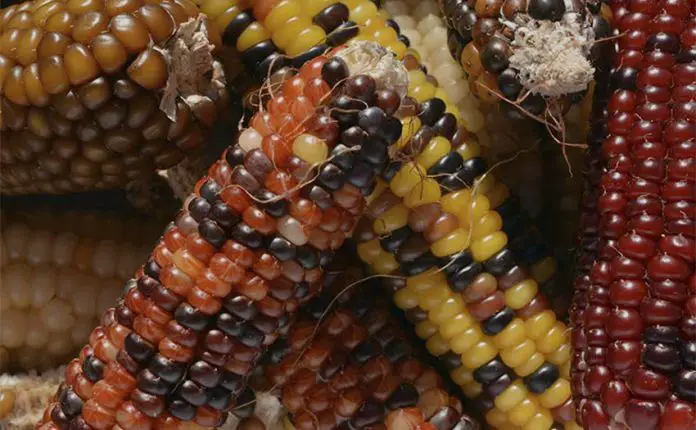The United States has rejected a proposal by Mexico to collaborate researching the health effects of genetically modified (GM) corn as tensions heighten over Mexico’s impending GM ban.
At stake is an average US $5 billion a year in corn exports to Mexico.

The two countries discussed the request during a visit by U.S. Agriculture Secretary Tom Vilsack but failed to reach an agreement, Mexican Deputy Agriculture Minister Victor Suárez told Reuters on Wednesday.
“They did not want to establish a period in which the two parties agree to carry out impact studies on animal health and human health,” Suárez said. “Their science is the word of God. That is not science, that is ideology.”
The U.S. refusal comes as the two countries edge closer to a formal trade dispute over Mexico’s decision to phase out imports of GM corn for human consumption by January 2024 and to gradually replace GM corn imports for animal feed. Mexico asserts that GM corn harms native biodiversity and may pose risks to human health.
Mexico, who currently buys around US $5 billion of corn from the U.S. each year — consistently putting Mexico into the top 3 list of importers of U.S. corn worldwide — mostly purchases GM yellow corn for animal feed.

The U.S. claims that Mexico’s GM ban violates the United States-Mexico-Canada Trade Agreement (USMCA) and will hurt U.S. farmers.
Mexico argues that the ban is unlikely to impact trade in the short term, as Mexico is already self-sufficient in the non-GM white corn used for staple food products like tortillas. In July, the Health Ministry issued a new proposal to accelerate the ban on GM corn in tortillas, which could come into effect within two months.
In June, the U.S. requested a new round of USMCA trade dispute consultations with Mexico, which are still ongoing. Canada announced its intention to join the dispute process in the same month.
Last month, Mexican Economy Minister Raquel Buenrostro met with U.S. Trade Representative Katherine Tai and her Canadian counterpart Mary Ng to discuss USMCA-related issues but failed to resolve the question of Mexico’s GM corn ban.

“We stand behind the safety of our agricultural products that have been enjoying a very robust trade between our three countries for several decades now and will continue to pursue our rights and interests,” Tai said at the time.
If the conflict is not resolved within 75 days from the consultation’s initiation, in this case, on August 16, the U.S. can refer the case to a dispute settlement panel. If that panel were to rule against Mexico, the country could be forced to change its policy or face heavy tariffs. But Mexico has shown no sign of backing down.
“If they establish the panel, we will defend ourselves. And if we defend ourselves, we think we are going to win,” Deputy Minister Suarez told Reuters on Wednesday.
With reports from Reuters
